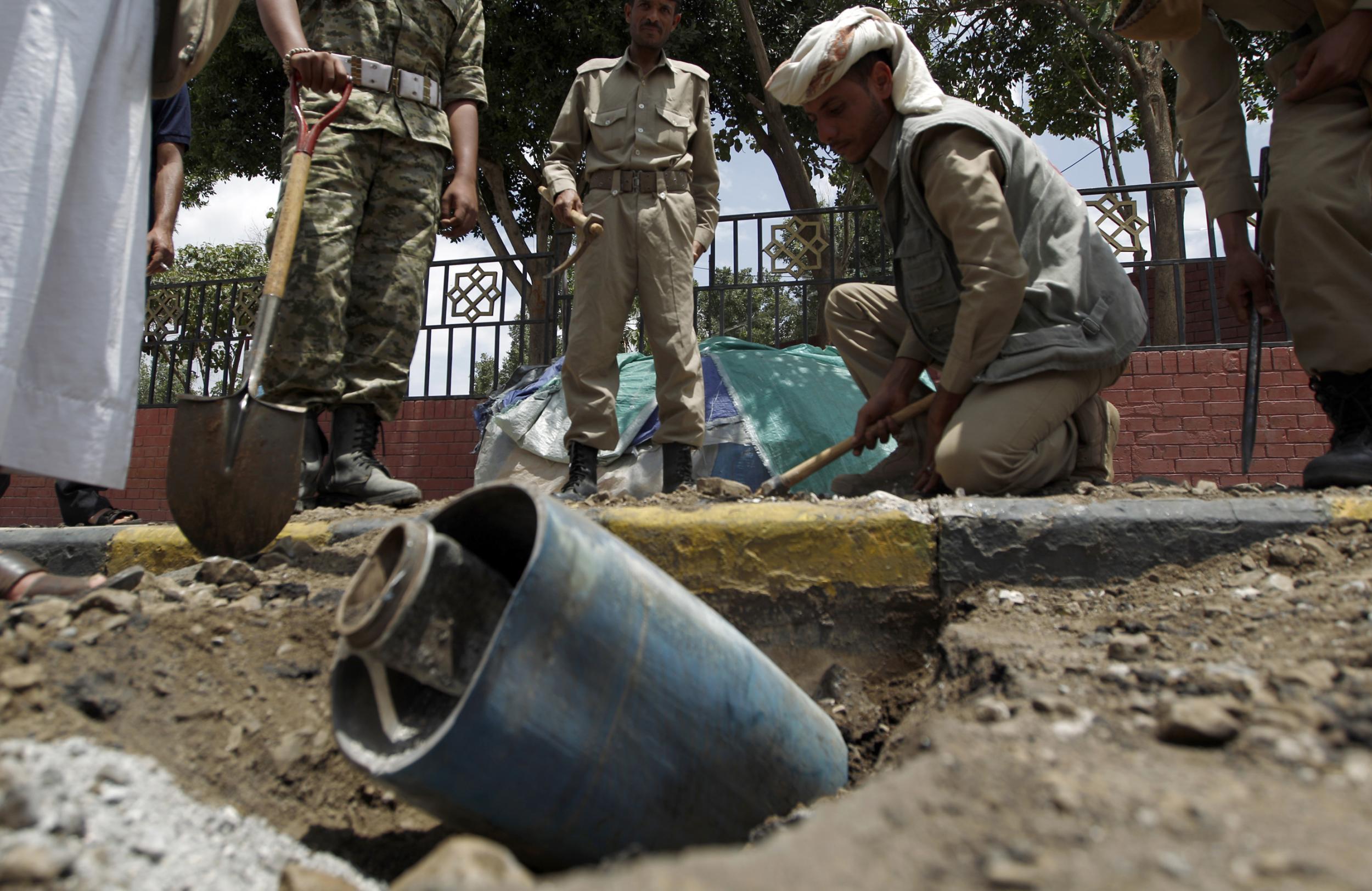US government warned last year that selling arms to Saudi Arabia could 'implicate it in war crimes’
Officials and lawyers within Barack Obama's administration repeatedly said that the US could possibly be defined as a 'co-belligerent' in the Yemeni civil war under international law

Officials within the Obama administration raised concerns over a 2015 $1.3billion arms sale to Saudi Arabia, citing worries that the Saudi military did not have the ability to intervene in Yemen without harming civilians, an investigation from Reuters has found.
Full scale civil war between the Western and Saudi-backed government and Houthi rebels broke out early last year. More than 10,000 people have been killed in the fighting, the UN estimates, and three million displaced from their homes. Saudi-led air strikes on the rebel-held city of Sanaa since March 2015 have killed thousands of civilians.
According to emails, documents and interviews with several current and former officials familiar with the discussions, the US government’s lawyers ultimately did not reach a conclusion on whether supplying arms for the Saudi campaign could make the US a ‘co-belligerent’ in the conflict under international law.
The definition of ‘co-belligerent’ has widened considerably since a 2013 ruling in the trial of Liberian President Charles Taylor and can now include “practical assistance, encouragement or moral support” for war crimes. In theory, the legal blowback would obligate Washington to investigation allegations of war crimes and could mean that US military personnel could be prosecuted.
Several State Department officials also said they were “privately sceptical” before the sale about whether the Saudis’ targeting systems were sophisticated enough to focus on militants without causing unneeded damage to civilian infrastructure or the loss of civilian life.
During an October 2015 meeting with human rights groups, a State Department specialist on protecting civilians in conflict acknowledged that Saudi air strikes were going awry.
“The strikes are not intentionally indiscriminate but rather result from a lack of Saudi experience with dropping munitions and firing missiles,” the specialist said, according to a Department account of the meeting seen by Reuters.
“The lack of Saudi experience is compounded by the asymmetric situation on the ground where enemy militants are not wearing uniforms and are mixed with civilian populations,” he said. “Weak intelligence likely further compounds the problem.”
The information on the arms deal, mostly discovered through the Freedom of Information Act, sheds light on the difficulties faced by US President Barack Obama in responding to the crisis in Yemen without exacerbating the conflict while also trying to negotiate with Iran - the Kingdom’s enemy - over a nuclear deal.
Last week the bombing of a funeral killed 140 people in one of the worst single incidents of violence in the 18-month-old war.
The incident has led to renewed scrutiny of UK, US and Canadian arms sales to the Saudi government.
Join our commenting forum
Join thought-provoking conversations, follow other Independent readers and see their replies
Comments
Bookmark popover
Removed from bookmarks